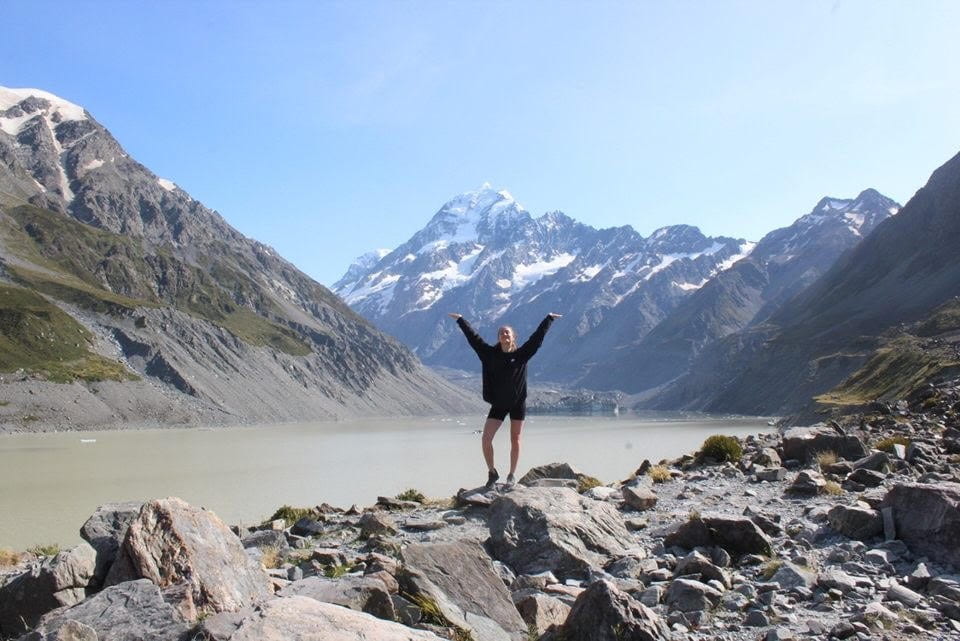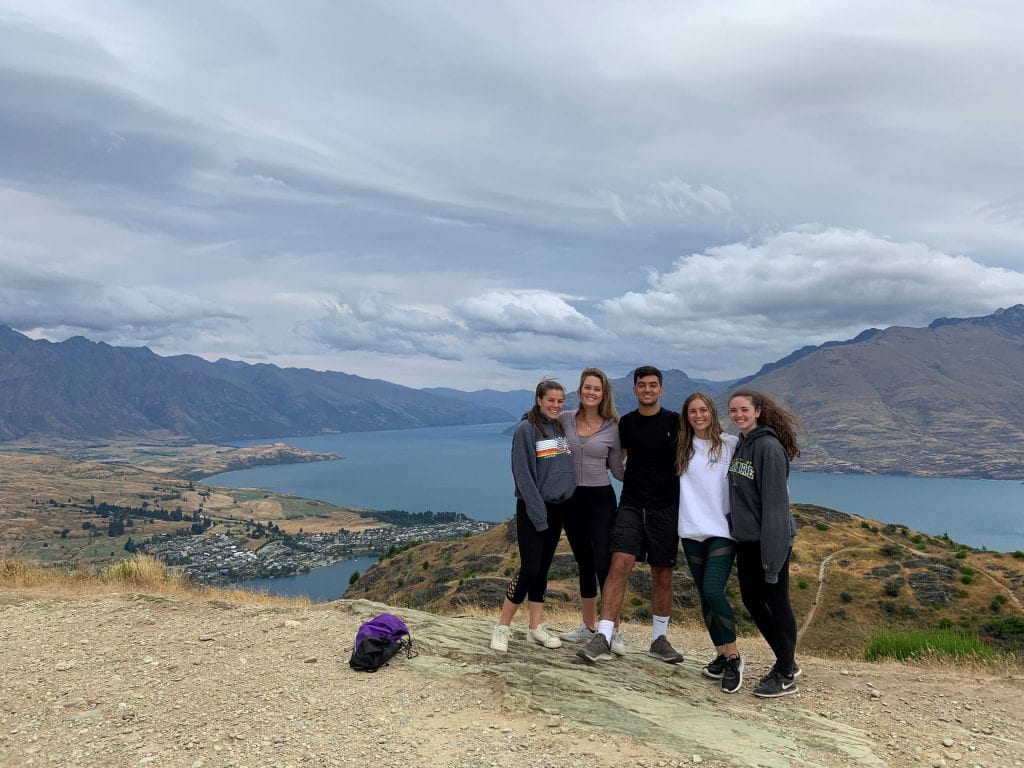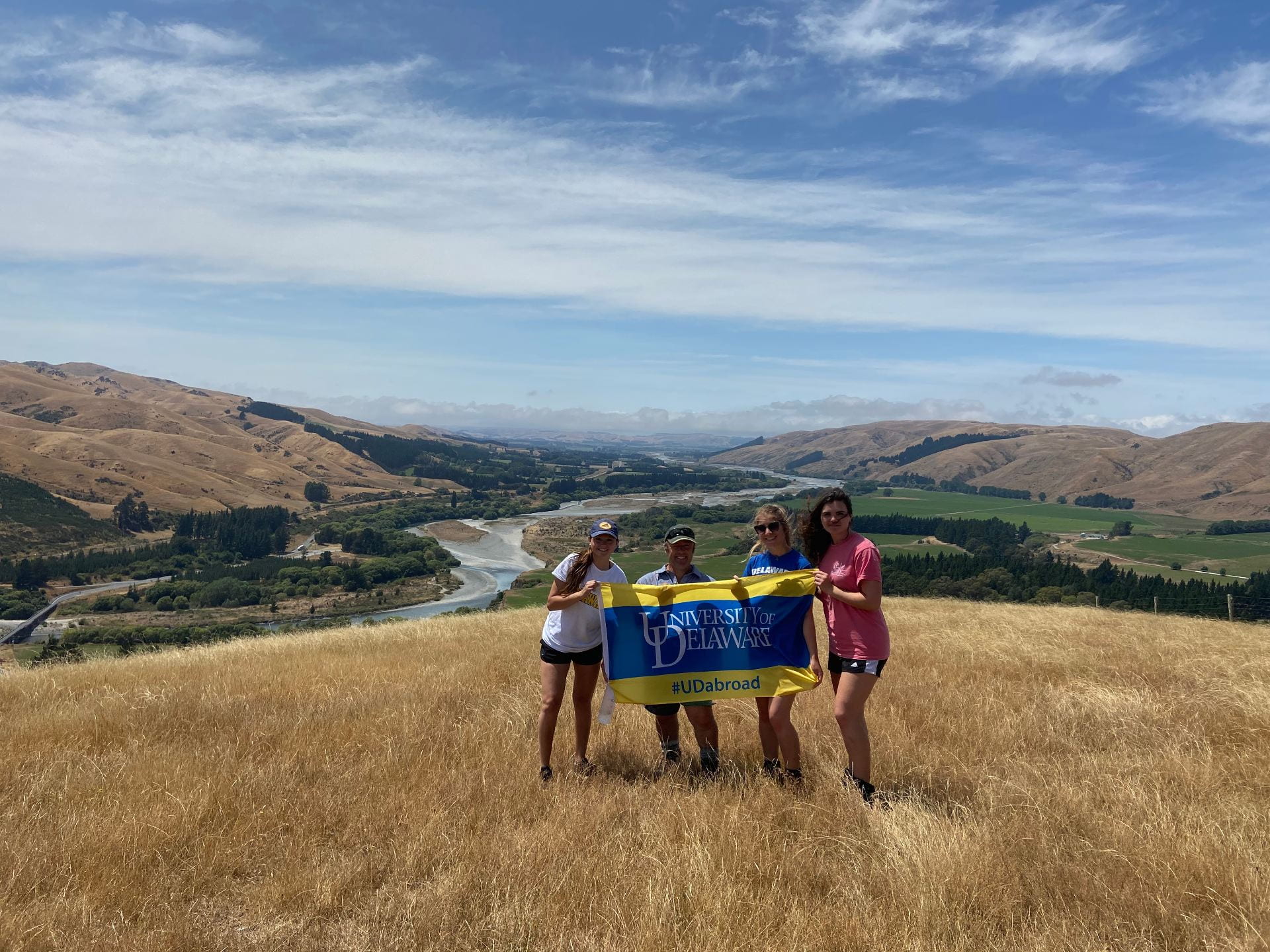
Submitted by Alina Roell on the 2020 winter session program in New Zealand sponsored by the Department of Animal and Food Sciences…
Kia Ora,
My name is Alina Roell and I am on the New Zealand 2020 ANFS Study Abroad trip. This is my final blog and I thought I should give my overall thoughts on the program and the life lessons I’ve learned. Enjoy!
I went into this program with a decent travel background, including places inside and outside of the country. I love getting to experience new places and cultures and learning about their history and current events. Even though New Zealand is not radically different from America like some of the other countries I’ve been to, this is the most I’ve ever been immersed in a different culture. By the end of this program, I felt like a true kiwi, like this was my home.
What surprised me the most about this study abroad experience was what I learned about myself. I have always been an independent person, but not to the extent of traveling by myself to a new country for an entire month. An important quote that I have kept in mind while I’m here is that I don’t need anybody to rely on, except myself. Although I did make a lot of new friends that I will always share a special connection with, being away from some of the people I care about most made me realize that I will be okay on my own. Being able to plan my own trips and figure out how to take public transportation and navigating new towns and cities in a new country has completely transformed my outlook on life.
New Zealand has not only provided me with a new perspective on my own life, but it has also given me insight into one of the most impressive aspects of this country. The agriculture industry here is incredibly efficient, sustainable, and profitable and I feel so lucky that I had the opportunity to meet and learn from some of the most reputable farmers in the country. New Zealand farmers have so many practices to ensure that the air, water, soil, and community is happy and healthy, but what I found to be most fascinating was that all farmers with livestock raised them almost solely on pasture all year round, with minimal maintenance and shelter. The effect this had on the land was incredible to witness because there was none. Seeing all these sheep and cows on thousands of acres of open, hilly land, with nothing industrial in sight except for a little wire fence was like nothing I had ever seen before in America.
One farmer that really left a lasting impact on me was Scott McFadden, and it was because of something he said. It was along the lines of “I know I’ll never be the best farmer or have the best, biggest farm out there, but I’m doing whatever I can to better my land, my community, and myself and that is enough for me.” This stuck with me because it is something that I constantly have to remind myself of in my own life. I often find myself comparing others’ achievements and work to my own, only resulting in more stress for me. But you do not have to be the best to make an impact in the world, and no matter how small that impact is, it is important to someone.
This program has changed my life and although good-bye is always bittersweet, I know I’ll be back someday. So until then , ma te wa , New Zealand!




























